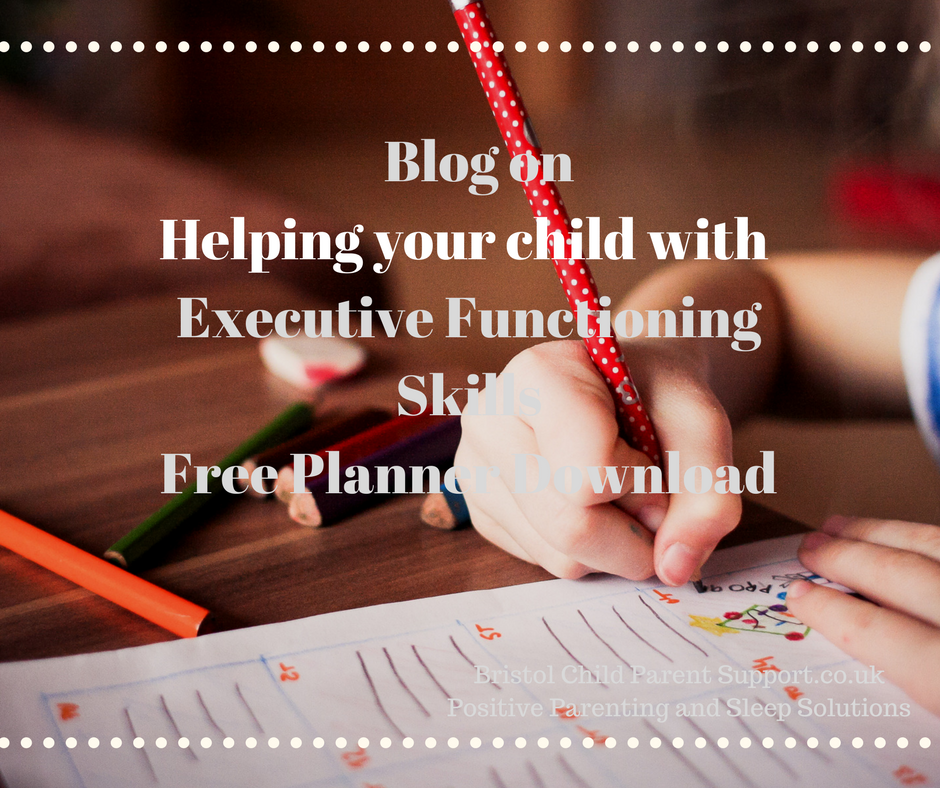Executive Functioning, what do we mean? We all use self-regulating skills to accomplish tasks, from getting dressed to doing homework.
Examples of Executive Functioning Skills are:
- Planning
- Organising time and materials
- Making decisions
- Shifting from one situation to another ( sequencing)
- Controlling emotions
- Inhibition and impulsivity
- Learning from past mistakes.
Many parents attend my clinic with the above concerns, why can’t my child control themselves, and why do I need to say things over and over again. Well, the answer is it depends on their developmental level; executive functioning skills take time. Some of the most significant changes are between 3-7.
Some children are at a significant disadvantage if they have a poor working memory, dyslexia, or speech and language delay. Adhd and trauma can, in addition, affect their ability to do simple tasks such as:
- Getting dressed
- Becoming overwhelmed while doing simple chores around the house.
- Schoolwork can become a nightmare because they regularly lose papers or
- Starting weeklong assignments the night before they are due.
What can you do to improve their Executive Functioning Skills?
Boost their organisational skills by:
1. Making checklists
Many children often get so mixed up in the process of what they need to do simple tasks such as getting out in the morning and dressing become an hour long. Make simple visual checklists. Here is one I did for the morning routine if you missed it.
Free Download for a Morning Routine
2. Have time limits
If they are trying to do homework or a GCSE project, sit down with them, break it down into steps, and think how long each step may take if bedtimes are a problem to ensure that they know what each step may take.
3. Have a planner
Most of my clients know that I like planners. Children often feel secure when they know when and what is happening. Many children who have slow processing and poor memory will benefit from using a planner to enable them to remember their homework or simple chores. It will help them, and you will feel less frustrated, so more smiles all around.
I’ve made a simple one you can download for free here Weekly Planner
Remember, all children take time to develop executive functioning skills; they are not born with them; this means your child may not have a learning disorder but is simply young. Every child needs an adult in their life to act as an external regulator, providing boundaries, support, and empathy.
If you think they may have a disorder, seek help from an Educational Psychologist and speak with their teacher to see if they feel there is something wrong.
If your child struggles to regulate their emotions, these workshops may help or contact me for a consultation.
With love Catherine



